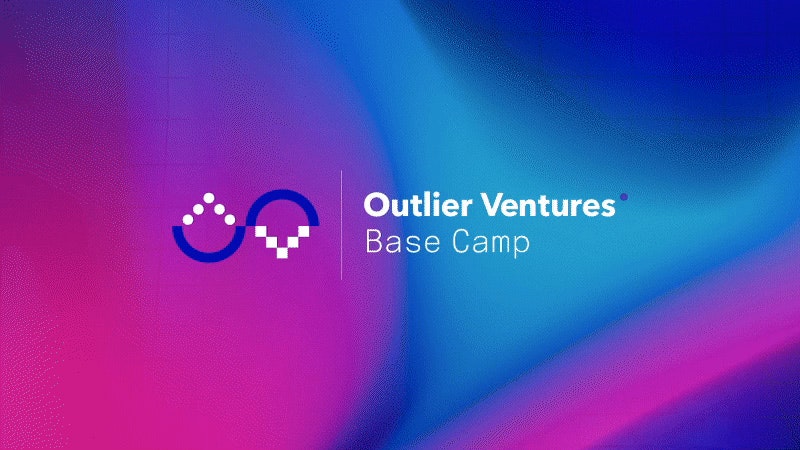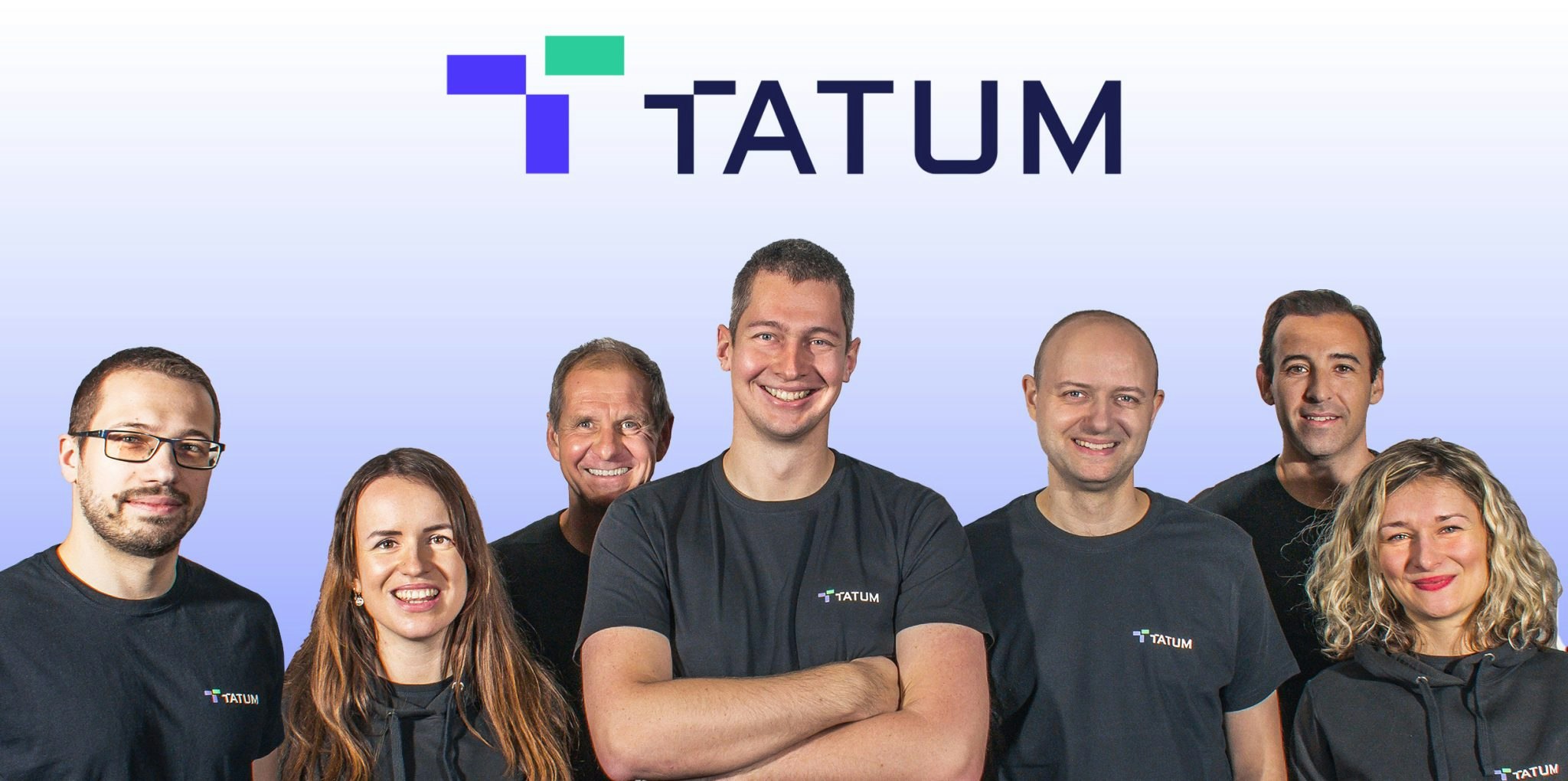Unless you’ve been living under a rock for the past few months, you will have undoubtedly heard of Web3. According to some VCs and founders, this radically updated internet will unlock a new era of human co-operation and creativity, and so on.
The Web3 hype is just another reminder of how short-term the tech industry’s memory is. As someone that was mining bitcoins as far back as 2012, it’s clear that Web3 is just a new spin on the same blockchain tech that we've been discussing for the last decade.
Web3 enthusiasts want to add a blockchain layer to our internet infrastructure and radically decentralise the net — or so the argument goes. Rather than online services and data being delivered from centralised servers owned by the likes of Amazon, Google and Facebook, it will be delivered from the blockchain, beyond the control of any single organisation or person. So, what's the problem?
Crypto, drugs and blackmail
We need to look at blockchain technology. Blockchains are generally defined as distributed, public, immutable, trustless databases. And if you need exactly that, they're very useful. But unless you’re trying to create a cryptocurrency, buy drugs or blackmail a company using ransomware there aren’t really any sensible use cases for a blockchain — and Web3 doesn’t change that. But let’s take each of these descriptors in turn.
Firstly, distribution poses a challenge to scalability. The cost of distributing a database is that each copy needs to be correct. This is an incredibly expensive thing to ensure. Think of all the copies of the bitcoin blockchain around the world. All of them have to be kept in sync. Back in the old days, every node might have had its own copy, but now it’s nearly 400 gigabytes. So most people who use the bitcoin blockchain don’t actually have their own copy. As such, it’s not widely distributed. And anyway, who needs every user of a database to have their own copy?
Unless you’re trying to create a cryptocurrency, buy drugs or blackmail a company using ransomware there aren’t really any use cases for a blockchain
Second, public databases can be a great thing, but not always. The web is really a giant public database. But if you’re wanting to store your invoices, customer lists or financial data, having a public database is a very bad idea indeed. You could, of course, have a private blockchain. But then what’s the point? You might as well have a private SQL database.
Third, immutability has its downsides. Blocks in the blockchain are for all intents and purposes completely fixed. This means that a transaction that happened erroneously or illegally can never be changed. Or bad data can never be changed. Imagine if you move house and the gas company says: “There is literally no way to change your address in our database.”
👉 Read: Web3 startups to watch, according to investors
Finally, trust is an important aspect of all transactions. Apart from crypto assets, there is no activity that operates in a trust-free environment. I trust my bank not to steal my money, I trust the gas company to bill me correctly, I trust my friends to pay me money they owe me. The ironic thing is that despite the crypto-punk-libertarian propaganda about not trusting the government, most crypto enthusiasts put their trust in incredibly dodgy exchanges and blatantly fraudulent crypto assets.
👉 Read: Europe's most active Web3 seed investors
So where is the digital utopia?
And this is without getting to the damage that blockchains are causing the environment. The bitcoin blockchain manages just under three transactions per second, which requires incredible amounts of electricity to run. There is an argument that the blockchain is increasingly using electricity from renewable sources, but that’s a red herring. If bitcoin is using that renewable power, then somebody else is having to use coal and gas to power their house.
No doubt others will say their own favourite blockchain is more efficient and is the future of Web3. But all blockchains are much more inefficient than literally any alternative. For example, ethereum, the current go-to blockchain for Web3, uses the same amount of energy as the Netherlands. Bitcoin produces nothing. It just destroys the environment as huge computing farms play “Numberwang” with each other more than 150,000,000,000bn times a second.
But while Web3 and blockchain might not pave the way to some much-promised digital utopia, there is still reason to be optimistic: we're now living in an age where the cost of data storage and bandwidth is trending ever closer towards zero. In a world where data storage and bandwidth are no longer scarce goods, new business models and opportunities are bound to arise. And if there's something that we can definitely be sure of it's that innovation is only getting started.
Dr Ewan Kirk is a technology entrepreneur, early-stage investor and founder of Cantab Capital Partners.


